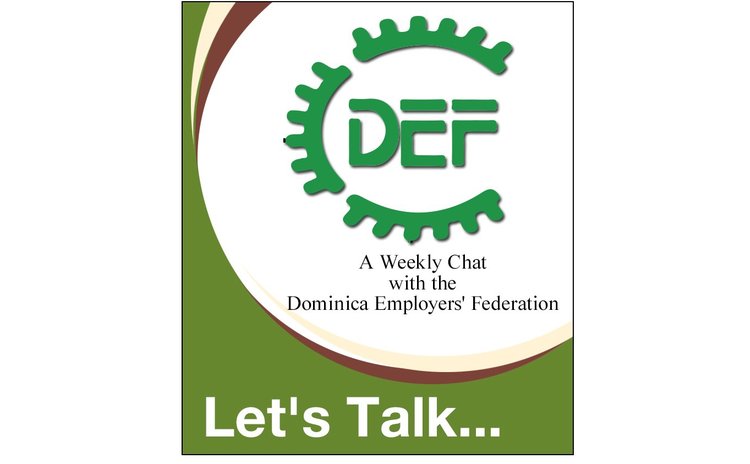Dutch isles run out of money. Who's next?

Coronavirus or not, regional States NEED much reform if they are to begin to build stronger economies, safer societies, more robust cli-mate resilient nations, and opportunities for greater inclusion in the global community
As we make our way to the former Netherland Antilles we are mindful of a US State Department Level-4 "Do Not Travel" Advisory issued for the Bahamas in August. Our trusted sources reveal that as of July 1, the Bahamas had 120 con-firmed cases of the dreaded COVID-19 but, by the 19th instant, the figure had jumped to 3,100. The famed hospitality sector generates 50% of all jobs but with hotels closed till 2021 it's no wonder un-employment is running at 40%. Debt to GDP is at 88% and the budget deficit projected at $250M, is now $1B.
The Bahamas' challenge is not unique to it at all. Caribbean states are all scampering to avoid "bankruptcy", and for Curacao, Aruba and Sint Maarten, things are especially serious. These economies once formed part of the Netherlands Antilles, but are now autonomous Dutch islands responsible for their internal administration, revenue and security. Even while they are constituent countries within the Kingdom of the Netherlands, sharing coast guard services, they are not dependents of their EU colonizer.
Like The Bahamas, tourism is the main-stay of these Dutch islands and, with travel brought to a halt by COVID-19, tax revenue drying up while unemployment soars, they are literally on the brink of collapse. In Aruba's case, the virus' rate of infection is at 2.5% of population. Medical workers who manage public health saw their wages drop by 12.5%. Debt to GDP ratio is headed for 93% and the government will need €270M just to fill the budget gap in 2021.
With a landmass of 171 sq. miles, Curacao has only 92 con-firmed cases of the virus yet output has shrunk by 22%, 30% of the population are on food aid, unemployment is running at 50% and the budget deficit for 2020 is at 45% of GDP.
The most densely populated of the three islands, Sint Maarten, built on just 13 sq. miles of land, has a modest rate of infection but, with residents and in-transit passengers in such close confines, and with the island being a major hub for European and North American flights, the economy continues to suffer revenue and output loss. In a previous SNAPSHOT, we demonstrated the relationship between economic activity and unemployment, establishing that when GDP grows negatively, unemployment worsens. The reality in the Dutch Caribbean speaks volumes to Okun's Law.
Compounding the troubles in the three Dutch constituent islands, is an unwilling-ness to proceed with reform measures prescribed by their EU "big Brother." And it would seem that the proposed re-form measures are not bad in themselves rather, it seems that territorial politics and insularity are the bigger issues.
What interests us in this mêlée is how similar the behaviour of the Dutch Carib-bean residents is to all Caribbean peoples. And we intend no disrespect in anyway. Instead, we see many instances where our people clamour for different results, yet we want to continue doing things the same way. We want more public infra-structure but we will not pay additional taxes. We lobby for external assistance from our wealthier friends but we refuse to sign on to the conditions that come with the assistance. Coronavirus or not, regional States NEED much reform if they are to begin to build stronger economies, safer societies, more robust climate resilient nations, and opportunities for greater inclusion in the global community.
For too long we have this expectation that our former colonizers have a birth-string responsibility to come to our rescue whenever we feel threatened, and to hand us "bale-out" money or fight our wars against drug trafficking or hand out scholarships to our children with no conditions attached. We do not do this to ourselves. Why should we expect an "old friend" to do it to us? We asked for the navel string to be cut, now let's grow our countries.




